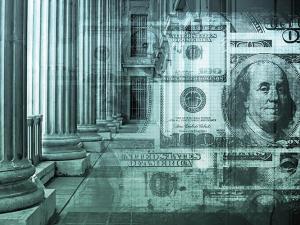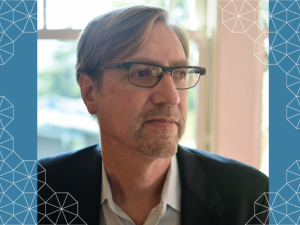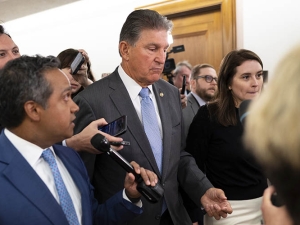

Research Bio
Paul Pierson is the John Gross Professor of Political Science at the University of California at Berkeley. Pierson’s teaching and research includes the fields of American politics and public policy, comparative political economy, and social theory. His most recent books are Off-Center: The Republican Revolution and the Erosion of American Democracy (Yale University Press 2005), co-authored by Jacob Hacker, Politics in Time: History, Institutions and Social Analysis (Princeton University Press 2004), and The Transformation of American Politics: Activist Government and the Rise of Conservatism (Princeton University Press 2007), which was co-edited with Theda Skocpol, and Winner-Take-All Politics: How Washington Made the Rich Richer and Turned Its Back on the Middle Class (Simon and Schuster 2010), also co-authored by Jacob Hacker. Pierson is an active commentator on public affairs, whose writings have recently appeared in such outlets as The New York Times Magazine, The Washington Post, and The New Republic.
Pierson is also the author of Dismantling the Welfare State? Reagan, Thatcher, and the Politics of Retrenchment (Cambridge 1994), which won the American Political Science Association's 1995 prize for the best book on American national politics. His article "Path Dependence, Increasing Returns and the Study of Politics" won the APSA’s prize for the best article in the American Political Science Review in 2000, as well as the Aaron Wildavsky Prize for its enduring contribution to the field of public policy, awarded by the Public Policy Section of the APSA in 2011. He has served on the editorial boards of The American Political Science Review, Perspectives on Politics, and The Annual Review of Political Science. From 2007 to 2010 he served as Chair of the Berkeley political science department.
Research Expertise and Interest
public policy, political economy, American politics






